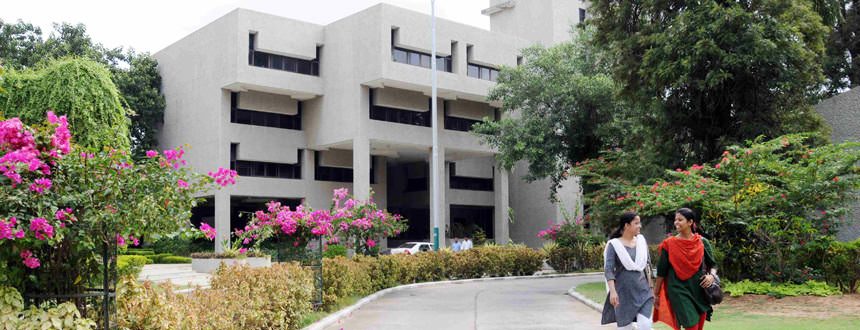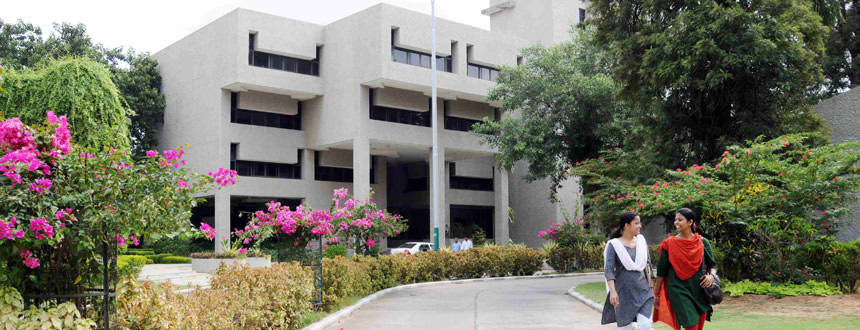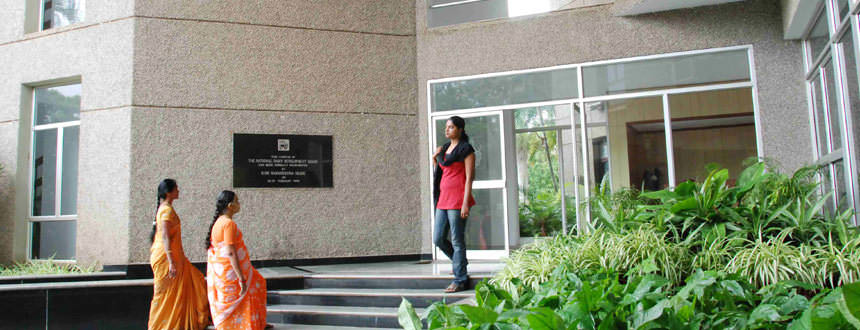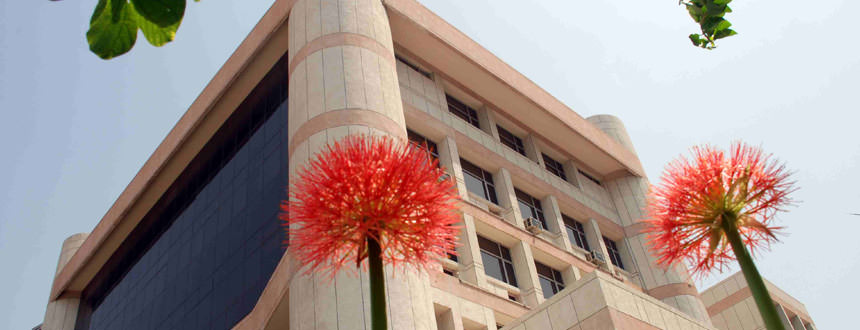Address by Shri Meenesh Shah, Chairman, NDDB during Workshop on Application of Genomics in Animal Breeding and Health - 23 January 2023
Workshop on “Application of Genomics in Animal Breeding and Health”
23 January 2023 – Pune
Address by Guest of Honour – Shri Meenesh Shah, Chairman, NDDB
Shri Rajesh Kumar Singh, Secretary, DAHD, GoI
Dr. Dr. Abhijit Mitra, Animal Husbandry Commissioner, DAHD, GoI
Dr Ashish Lele, Director, National Chemical Laboratory (NCL)
Dr. P K Rout, ADG, ICAR
Dr B.P. Mishra, Director, National Bureau of Animal Genetic Resources (NBAGR)
Shri B.K. Kakade, President BAIF
Distinguished participants, invited guests, dairy farmers, ladies and gentlemen
It is a matter of great pleasure for me to be a part of this gathering of distinguished personalities and speaking on this very technical subject.
All of us know that India is the largest milk producer of the world and dairying is an important source of income and means of employment for a large number of people in rural India.
If we look at the figures of Milk Production in India, during the last 6-7 years, CAGR for Milk Production remained at 6.4%. Value of milk output is Rs. 7 lakh crore (USD 108.8 billion) which is higher than the combined value of paddy, wheat and sugarcane, (NAS, 2019) - making it the single largest agricultural commodity. Obviously, dairying is a growth story and it can further propel the growth of rural India, if suitable interventions are planned and Genomic Selections is one of the interventions to accelerate the productivity of bovines.
Importance of Genomic Selection in India: We know that Artificial Insemination is the most preferred and cheapest tool for genetic progress in bovines. In India, ARTs like OPU-IVF and use of Sex Sorted semen are also being popularised by DAHD, GoI under Rashtriya Gokul Mission scheme. Scientific selection of breeding bulls, bull mothers and embryo donors remain the most critical components of genetic progress. In the past, this part was neglected as selection of bulls was based on its Dam’s or Bull Dam’s un-corrected milk yield. The embryo donors were selected based on their uncorrected milk yield. This provided very low accuracy of selection of bulls and donors. This was mainly due to lack of large scale performance recording infrastructure.
NDDB initiated scientific breeding programs since couple of decades and recently, we have initiated Genomic Selection programme to facilitate early selection of breeding bulls for semen stations across the country.
Use of Genomic Selection in India at present: Under NDP I, NDDB together with Implementing Agencies, established relatively larger recording infrastructure and initiated performance recording in major breeds in their breeding tracts. SoPs for recording various traits like Milk yield, milk components and Type traits were standardized across the projects to maintain uniformity. INAPH platform was used to record all traits with unique 12 digit tag ID.
Building on efforts, samples from the recorded animals were collected for starting Genomic Selection. Customized genotyping chips were developed to genotype Indian cattle and buffalo populations. NDDB has also developed a high quality global reference genome i.e NDDB_SH_1 for buffalo genomic selection and other genomic applications. Large numbers of recorded animals were genotyped and finally from the year 2019, Genomic Selection in Crossbred cattle was initiated. Presently, bulls of 5 breeds (Murrah, Mehsana, Gir, HFCB and JCB) are genomically evaluated. Altogether more than 35000 animals have been genotyped to create reference population for these breeds.
Robust infrastructure for collection of samples, processing, genotyping, data analysis, developing human resources for analysis of data and to provide Genomic Breeding Values (GBVs) to various stake holders have been created. Now, we are running weekly evaluations to help bull production projects to select young bulls based on GBVs.
DAHD has constituted a central level committee to advice on breeding value estimation procedures. Experts from various national and international institutions are nominated in the committee. Evaluations are carried out by NDDB genomic team based on models recommended by this committee.
NDDB is open for collaborations: Genomic Selection is a huge task. No single institution can drive it without active collaborations from all concerned. NDDB is open to involve all the stake holders in the country to take part in this genetic improvement process. INAPH platform is available to all the institutions involved in performance recording and providing services to the farmers. A combined genotyping chip including data from BAIF, NBAGR and NDDB has been developed. Various cooperative and government agencies are involved in performance recording under PT and PS projects being funded under RGM by DAHD. These projects are monitored by NDDB to ensure data quality. We have also collaborated with GCMMF, GBRC and various milk unions in Gujarat for expanding performance recording and genotyping to increase reference population. We are always open to institutions that agree to follow already established common protocols. Final aim is to achieve higher selection accuracy and higher genetic gain in bovines of the country.
Support from DAHD in driving Genomic Selection: understanding the huge potential of Genomic Selection for improvement of bovines in India, DAHD has funded “National Bovine Genomic Center for Indian Breeds (NBGC-IB)”. This project is being operated by NBAGR and SAG in technical collaboration with NDDB. DAHD has also directed selecting bulls based on GBV under Minimum Standards for Frozen Semen production in place of Dam’s lactation yield based selection, to take advantage of increased accuracy of selection.
Many stakeholders in the country are well aware of the potential of Genomic Selection for genetic improvement of bovines. Deliberations in this workshop would throw more light on various important aspects of genetic improvement of bovines as a whole and Genomic Selection in particular. We understand that limitations of smallholder dairy system may not allow implementing the scientifically ideal approaches but we are committed to initiate the interventions within the existing systems and we are confident that systems would evolve and with combined efforts we would achieve higher and higher progress. I am sure, that the deliberations with experts and scientists gathered here would be very productive to accelerate the implementation of Genomic Selection in smallholder dairy system.
I once again thank BAIF for coordinating to organize this joint discussion.





